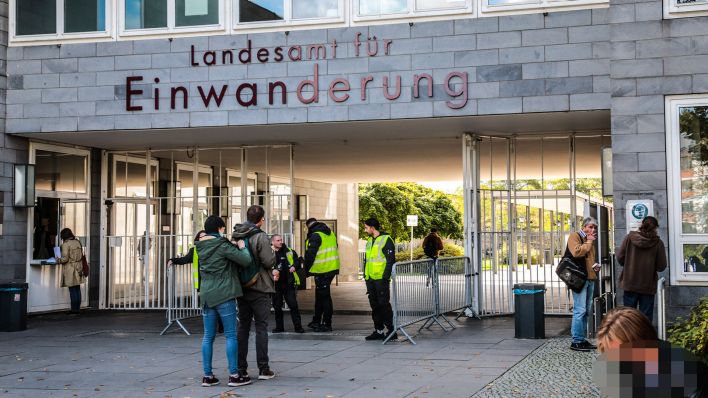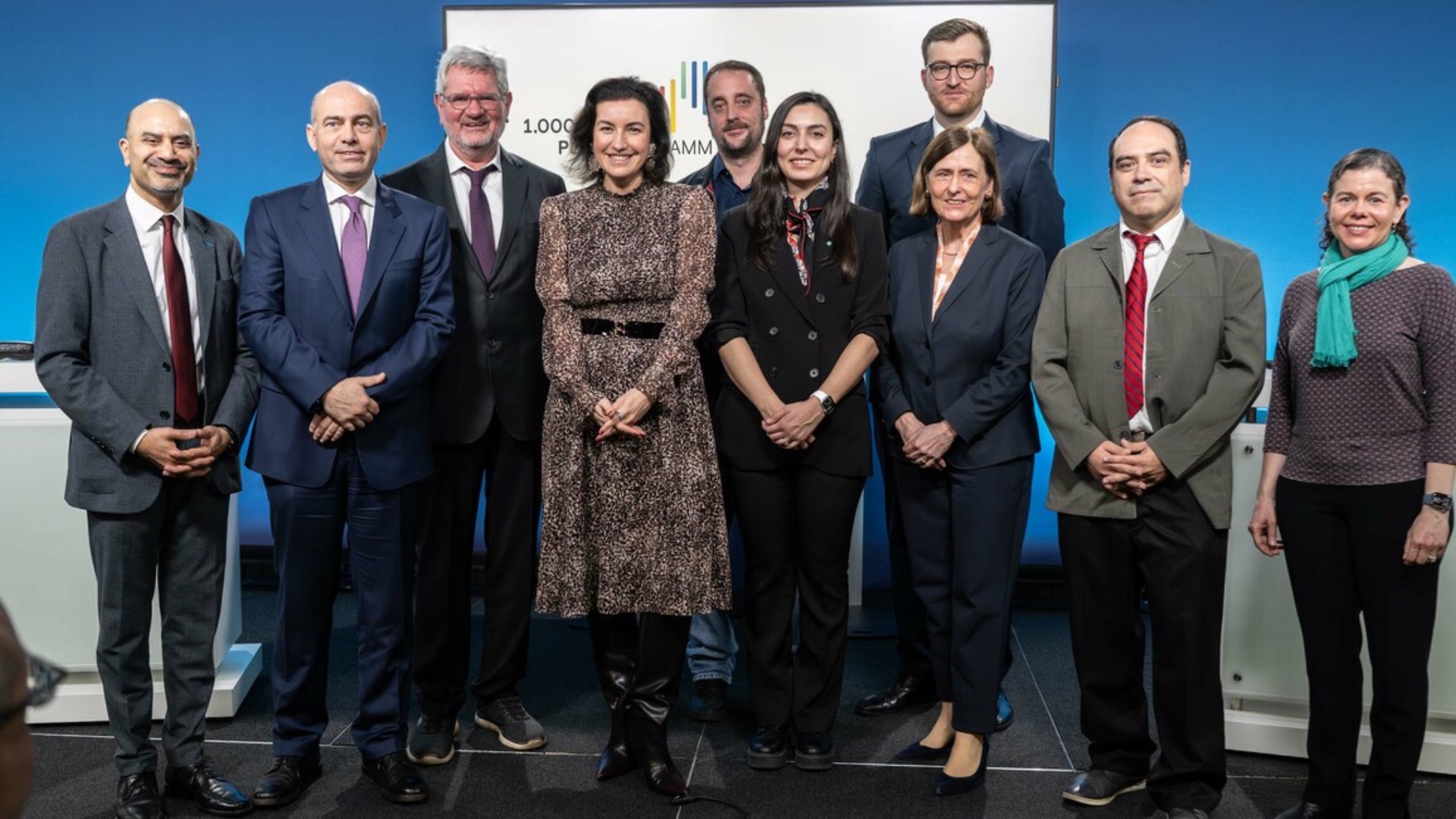Germany is once again redefining its migration policy. While Labour Minister Bärbel Bas wants to make it easier for foreign professionals to enter the German job market, Interior Minister Alexander Dobrindt aims to restrict naturalisation laws. The two approaches reveal the competing priorities shaping the country’s migration and integration strategy.
Bärbel Bas: Digital „Work-and-Stay Agency“ to simplify recruitment
Facing an acute labour shortage as the baby boomer generation retires, Bas is introducing a digital Work-and-Stay Agency designed to simplify procedures for foreign professionals and employers alike.
The platform will act as a one-stop digital hub, enabling international workers to apply for visas, upload required documents, and track their residence applications online. „With the digital Work-and-Stay Agency, we’re tearing down bureaucratic hurdles that block access to the German labour market,“ Bas told the Süddeutsche Zeitung.
The initiative forms part of the government’s Modernisation Agenda, approved by the cabinet last week, and expands on existing tools like the Chancenkarte („opportunity card“). While recent immigration reforms have already made it easier for skilled non-EU workers to come to Germany, the process remains slow and fragmented. The new platform aims to streamline procedures and reduce waiting times, benefiting both large employers and small family businesses.
Dobrindt seeks to abolish „Turbo-Einbürgerung“
At the same time, the Interior Ministry is taking a tougher stance on citizenship. Minister Alexander Dobrindt (CSU) plans to abolish the „Turbo-Einbürgerung“, which allows highly integrated foreigners to apply for German citizenship after just three years instead of the standard five.
Dobrindt argues that the fast-track path „sends the wrong signal“ and undermines the significance of citizenship. His proposal has found support among conservative lawmakers and legal experts, who say the rollback will strengthen public trust in the system.
However, critics warn the decision could deter highly skilled migrants — precisely those Germany hopes to attract. Migration researcher Herbert Brücker from the Institute for Employment Research says scrapping the policy risks sending „a discouraging message“ to international professionals.
Although few applicants have actually used the fast-track option — fewer than 1% of all naturalisations — the debate underscores broader political tensions over migration.














